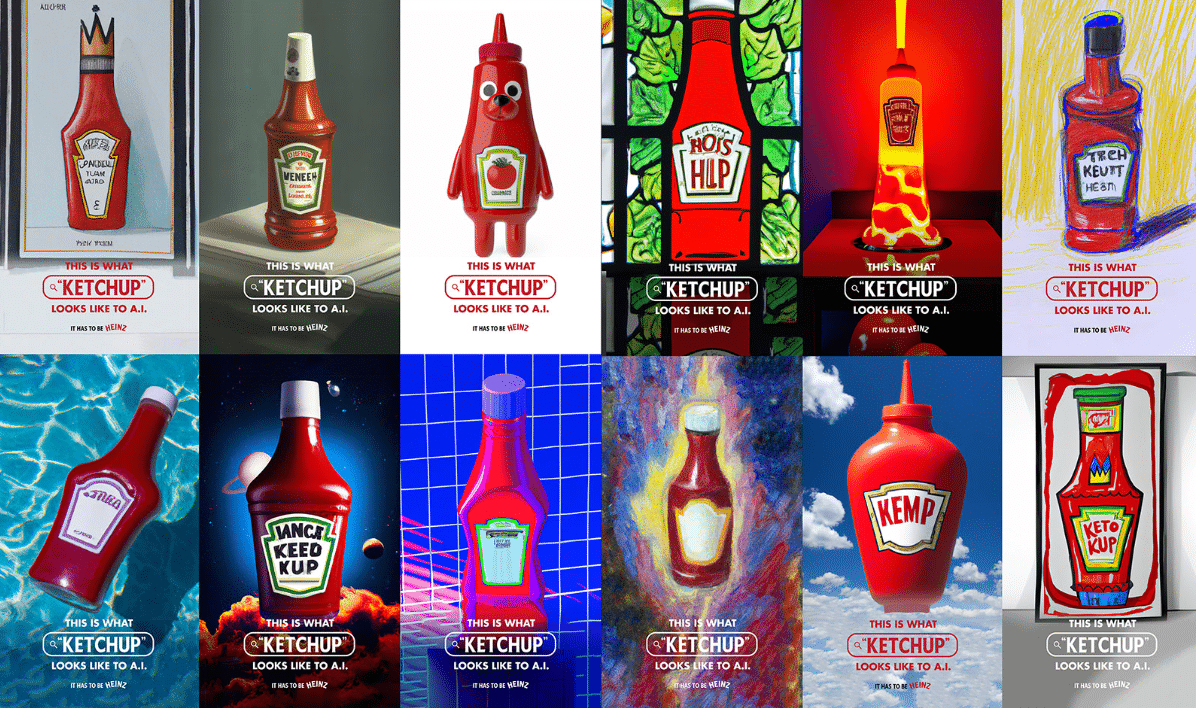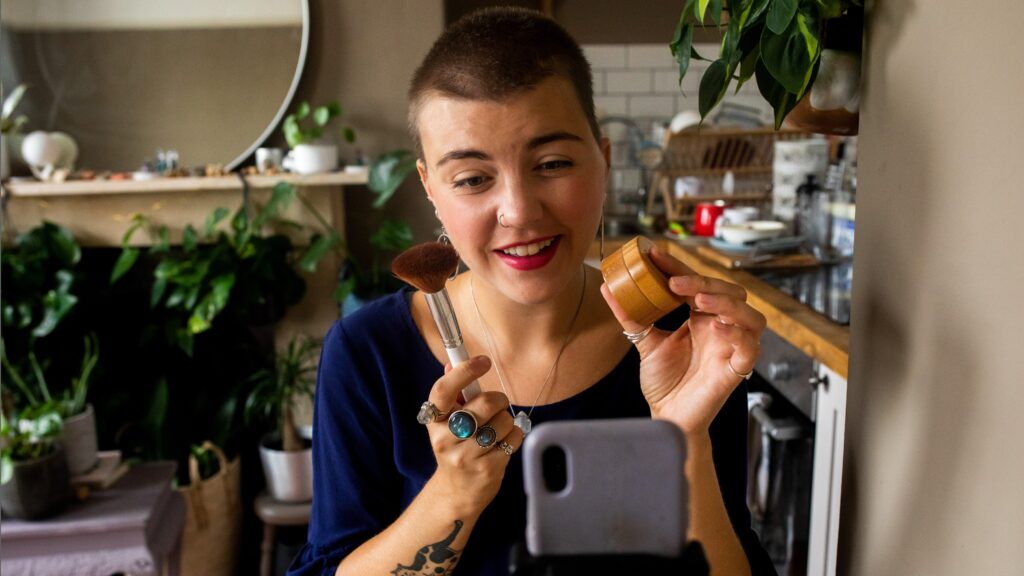Ad Week 2023: Insights for brands
I recently had the pleasure of attending Advertising Week Europe, one of the most exciting industry events diving into the hottest topics in marketing, creativity, advertising, and technology.
This year’s conference was centred around how brands can navigate the cost-of-living crisis, take advantage of emerging technologies, and prove the ROI of marketing through effective measurement approaches.
Read on for some of the key takeaways and insights for brands.
Overcoming the challenges of today’s economy
The aftermath of the pandemic, lingering cost of living crisis and inflation, have placed huge pressures on businesses as navigate declining consumption and consumer demands, and shrinking profit margins.
Grace Kite and Sarah Stallwood, Economists from Magic Numbers, highlighted that while some brands will win, others will lose. But this doesn’t mean brands should peel back on marketing; advertising has been proven to be a main driver for change. Here are some tips for brands looking to win and unlock growth.
- Don’t panic. This is a crisis but not the worse we’ve had.
- Don’t go dark. Studies show increases in market share for brands that do not decrease advertising investment and take advantage of a less crowded market.
- Be honest. Telling consumers the reason for a price increase can be beneficial as it can help you justify higher quality and competitive difference. FeverTree is a brand that has done this particularly well.
- Don’t neglect demand. With demand shrinking, investing into feeding the funnel to guarantee a demand pool is crucial to get ahead of competition.
Ross Farguhar, Marketing Director at Little Moons further added that econometrics is an effective strategy for advertisers to adopt to navigate the difficult market condition.
Econometrics help us to understand drivers of demand, effectiveness of campaigns, and can also inform on price elasticity or seasonality.
Creativity, purpose, and inclusion
On the topic of brand marketing, the advice from Diageo’s Chief Marketing Officer Cristina Diezhandino, highlighted the importance of putting creativity, purpose, and inclusion at the heart of businesses inside and out. This was echoed by UK founders and leaders like Andria Vidler, Chief Executive Officer of TAG, who noted that a clear brand mission communicated in an authentic way is immensely powerful for brand development.

Survival tips for retail marketers
Leaders of top UK retailers and grocers such as Ocado, Boots, Primark or Waitrose came together to share the latest strategies that have allowed them to succeed despite challenging marketing conditions. Below are their top five tips.
- Understand what your customers want and personalise your service/product to them. Boots, for example, improved their rewards program based on consumer feedback and Ocado now price matches Tesco on 10,000 products following a decline in customer trust on Ocado’s ability to provide value.
- Focus on value. Nathan Ansell, Partner & Customer Director at Waitrose explained that value can achieved by providing an outstanding service, improving the delivery experience, and rewarding customers. Diego Mandelbaum, CEO of KF Beauty also noted the need for retailers to move from “value” to “value add” through bundling, done by looking into consumer journeys and touch point data.
- Balance investment in new tech and channel activation. Beyond embracing new platforms and tech, retailers need to develop a deep understanding of consumer journeys and know where to find their customers. Ollie Shayer, Omni-Media Director at Boots discussed how they are already leveraging AI and how they have had to innovate and adapt to the fact that more beauty consumers are now on platforms like TikTok. You can learn more about what retailer brands should prioritise as they look to invest in AI/AR in this piece by Yara El Saadani, Ecommerce Precision Director.
- Innovate with partnerships. Lisa McDowell Brand Director at Ocado recommends focusing on partnerships with brands that have the scale your brand aspires to. Similarly, Michelle McEttrick, Primark’s Chief Customer Officer suggests using partnerships to elevate the brand experience particularly in store, and partnering with brands that are similar to yours in unique ways like Primark and Greggs, for example, two brands that have an established a cult-like following.
- Reimagine the retail experience. Finally, with increasingly more consumers returning into stores after the pandemic, most of the speakers agreed that there is a need to make the retail experience more engaging. Boots recommended focusing on interaction, advice or guidance, and shared examples of how they’ve used gamification or skin analysis tools in their brand No7. However, research shows that 40% of consumers still shop online, and it is therefore important for brands to close the loop between off and online by leveraging data on retail media campaigns. Marc Fischli, Criteo’s EMEA Managing Director, predicts that the retail media area that will develop the most this year is offsite. This could look like a social media campaign using retailer data, something we are doing already with several clients here at Wavemaker.
Taking advantage of AI
AI has become an industry buzzword. Despite the ongoing debate on its ethical implications, the overall sentiment towards AI at Ad Week was overwhelmingly positive. Leading brands expressed how they have been using this technology to transform their business and deliver growth.

Heinz, for instance, uses AI for creative effectiveness. Matt Cosad, Head of Data & Analytics at Heinz, shared that AI is being used by their in-house teams to create channel specific assets, thereby by freeing up time, and reducing expenses. Matt recommends that businesses leave big idea ideation to the in-house teams and outsource the task of volume asset creation for mid funnel or low funnel to AI.
Derya Matras, Meta’s EMEA VP discussed three ways in which advertisers and marketers are already using today. Firstly, marketing professionals are moving from buying an ad spot or an audience to buying an outcome, as AI fills in gaps in data increasing chances of success.
Secondly, the creative industry is moving from heavy distribution and production to ideation, reducing the amount of time and budgets spent creating platform/channel specific content. AI in messaging has allowed marketeers to be more personalised when interacting with consumers.
Finally, as brands seek to innovate and explore this new space, it’s advised that the human element is still maintained to make the best use of the technology. Read Wavemaker’s Growth trend article on Generative AI for growth opportunities and things brands can do to get started.












